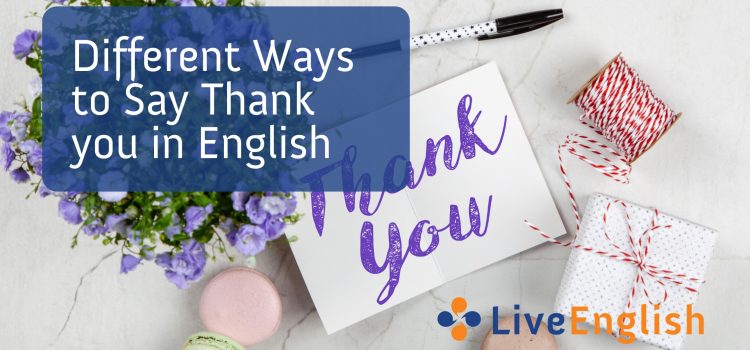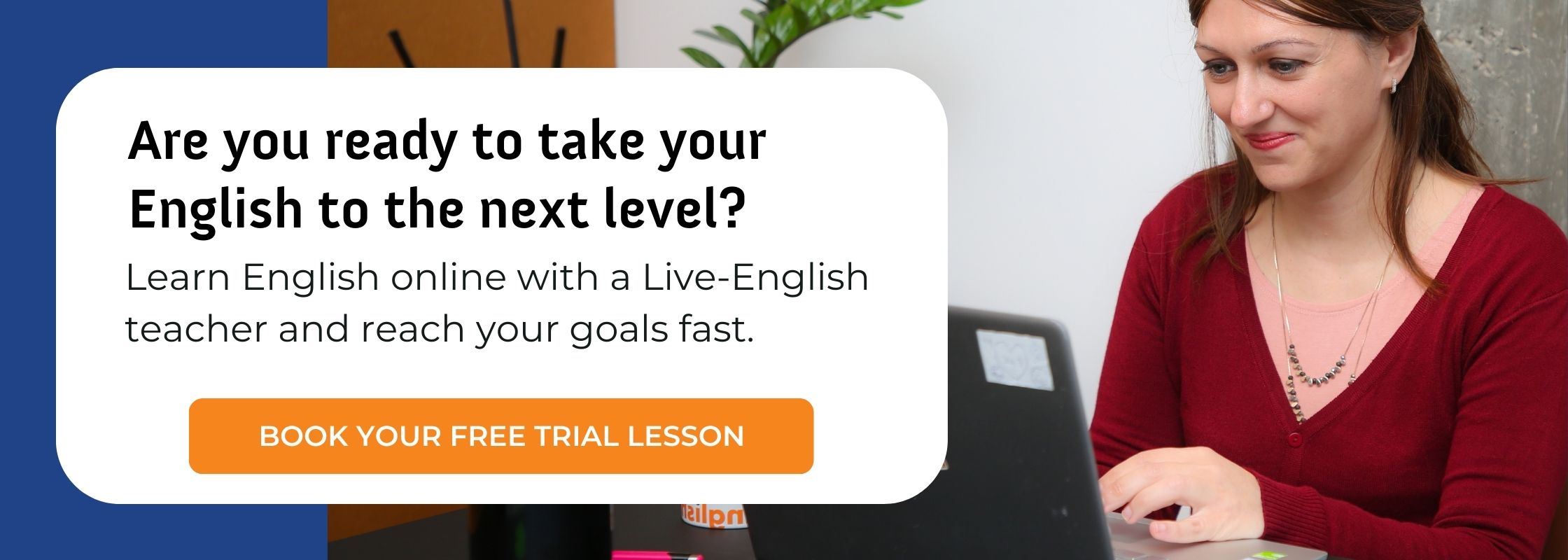
Saying thank you is not only polite but also great for your health! Saying thank you is one of the most important things to learn in any language. In English, there are many ways to say thank you and so it can be confusing. However, once you get the hang of it, saying thanks will become second nature to you.
Thanks
Thanks is a very common way to say “thank you” in English. You can use it to thank someone for doing something, or just to show appreciation for something they have done for you. For example:
Thanks so much for helping me with my homework! I really appreciate it.
Thanks for volunteering your time at the charity event this weekend—I think we raised a lot of money together!
Thanks a lot!
Thanks a lot! means “thank you very much” and is used in a wide range of situations. It’s the most common way to say thanks when you are grateful for a big favor, but it can also be used when you are grateful for a small favor. For example, if someone holds the door open for you, simply say “thanks a lot!” instead of “thank you so much.” Alternatively, if someone does something nice that doesn’t require much effort on their part (like giving you a compliment), saying “thanks so much” might make them uncomfortable or feel as though they’ve done something wrong.
By saying “thanks” rather than “thank”, we’re implying that there’s not enough room in our hearts to express our gratitude fully and openly—but really we just need one more word! People often use this phrase when thanking others online or over text messages because it helps keep their message short without losing meaning.
Many thanks!
Many thanks!
This phrase is another way of saying “thank you” in English. You can use it when someone does something kind for you, or when they give you a gift. For example: “I really appreciate the help I got from that person; many thanks!” It’s also a more formal way of saying thank you, so it’s often used in business letters and other formal situations.
Thanks a bunch
Thanks a bunch is a great way to express your gratitude for someone’s kindness.
If you have received something or have been helped with something, it is good to use the phrase “thanks a bunch.” This expression shows that you appreciate what they did and makes them feel appreciated.
This phrase can be used when someone:
- Does something nice for you (like buying lunch or giving you a gift)
- Helps with something (such as fixing your computer)
- Gives more than what they should have given
Practice how to say thank you through English conversation classes!
Thank you so much!
Thank you is a very common expression in English, and it can be used in lots of ways. It’s also a very useful phrase to learn. A simple thank you can mean a lot to someone when they do something nice for you or give you something, like an apple. This type of thank you helps build relationships between people because it shows that they care about each other. In addition to this type of thank-you, there are many other ways to say “thank you” in English—and some of them are even better than just saying “thank you.”
Thank you very much.
Thank you very much.
This is a common way to thank someone in English, and it’s also one of the most formal. Compared to many thanks, it has more weight and formality in its tone. It is less used as a general expression of gratitude for any kind of favor or gift, but it can be used when you want to show extreme appreciation for something your friend or family member did for you. You can use this phrase when thanking someone who helped you with something big like moving furniture or helping plan a wedding; the phrase shows that you think highly of their help and appreciate their efforts on your behalf.
Easily confused with: “Many thanks!”
Cheers!
Cheers!
Cheers is an informal way of saying thank you in English. It’s used in informal situations, such as when someone gives you a ride or when you’re talking with friends. It can also be used as a toast at a party: “Cheers!” or “Here’s to your success!” or even “I’m so happy for you.”
Some other ways to use cheers are:
- When saying goodbye: “See you later! Cheers!” or “Bye! I’ll call you tomorrow.”
- To express gratitude (informally): “Thanks again for helping me out with that project.”
Much appreciated.
- Much appreciated.
This is a common way of saying thank you in English. It means that the person has done something for you and you are very grateful for it. You can use this when someone does something nice for you or if they give you a present, but also if someone does something simple like lending you their pen or giving up their seat on the bus/train for your comfort.
I really appreciate it.
This is a phrase that you will hear often in the English-speaking world and it has many alternative meanings:
- I really appreciate it. This is a very polite way of saying “thank you” when someone does something for you. It can be used with many different people and things, but these examples will give you some ideas:
- “I really appreciate it when you help me clean up after dinner.”
- “I really appreciate your support during my first year of college.”
I appreciate it.
You can also say “thank you.” You’re welcome.
I appreciate it is another way to express gratitude, although this phrase is more formal than the others. It’s often used as a response to someone who has helped you out with something or given you something. For example:
“Thank you so much for offering to help me paint my apartment.” Reply: “I appreciate it.”
I owe you one
- In English, the phrase “I owe you one” means that you did something for someone and now they owe you a favor. For example:
- I’m so sorry about your car getting stolen! Please let me buy lunch next time. You owe me one!
- Thanks for helping me with my homework yesterday, I really appreciate it. Here’s a cookie in return; you owe me one now!
- You gave me good advice, so I’ll take your suggestion on this next project—and maybe even one more after that. They say three’s a charm, right?
How thoughtful of you!
If you want to say thank you in English, “how thoughtful of you” puts the emphasis on the fact that it wasn’t something expected. It shows appreciation for the thoughts the other person put in place to do what they did.
I don’t know what to say
Sometimes, you might be at a loss for words. Sometimes, you will want to say something more than “thank you” but don’t know how. And sometimes—even if you can muster up several options—you may feel as though your gratitude just doesn’t come through decently enough through speech alone. If any of these things have happened to you before and/or are currently happening now, then we’ve got some ideas for alternative ways of expressing your gratitude that will help make sure your feelings are heard loud and clear! They can also be used in situations where someone does something nice for you (e.g., paying for lunch).
That’s very kind of you.
That’s very kind of you.
This is a great way to show appreciation for someone’s generosity when they’ve done something nice for you. It can be used in many situations, but not just with gifts or favors: if someone helps you out or volunteers their time to help with an event, this phrase will let them know that they’re appreciated! It works well as a response at the end of an email too—give it a try!
You’re too kind!
You’re too kind!
This is one of the most common phrases to use when saying thank you. It can be used for any number of reasons, but it’s often used to thank someone who has done something nice for you. For example, if your aunt gives you some money for your birthday and buys you a new book, then this phrase would be appropriate in response. Or if a friend stops by with food after hearing that they don’t have anything in their fridge at home, then this might also be an appropriate response.
Saying thank you is not only polite but also great for your health!
Saying thank you is not only polite but also great for your health!
Many researchers found that saying thank you can make people feel better as well as help them connect with others in a more meaningful way. The psychological effects of gratitude and found that it reduces depression and anxiety levels, which can improve your health overall. It’s easy to see how this would be helpful not just in social interactions but also in the workplace and even society at large—the more grateful we are to each other, the happier we’ll all be!
I hope this post has given you some new ways to say “thank you” in English. It’s a very important phrase that we use all the time, so it’s worth learning how to say and write it well! I’m always happy when someone tells me “Thank you for your help,” because it means that person is grateful for what I’ve done for him or her.
>> Review your vocabulary in English

